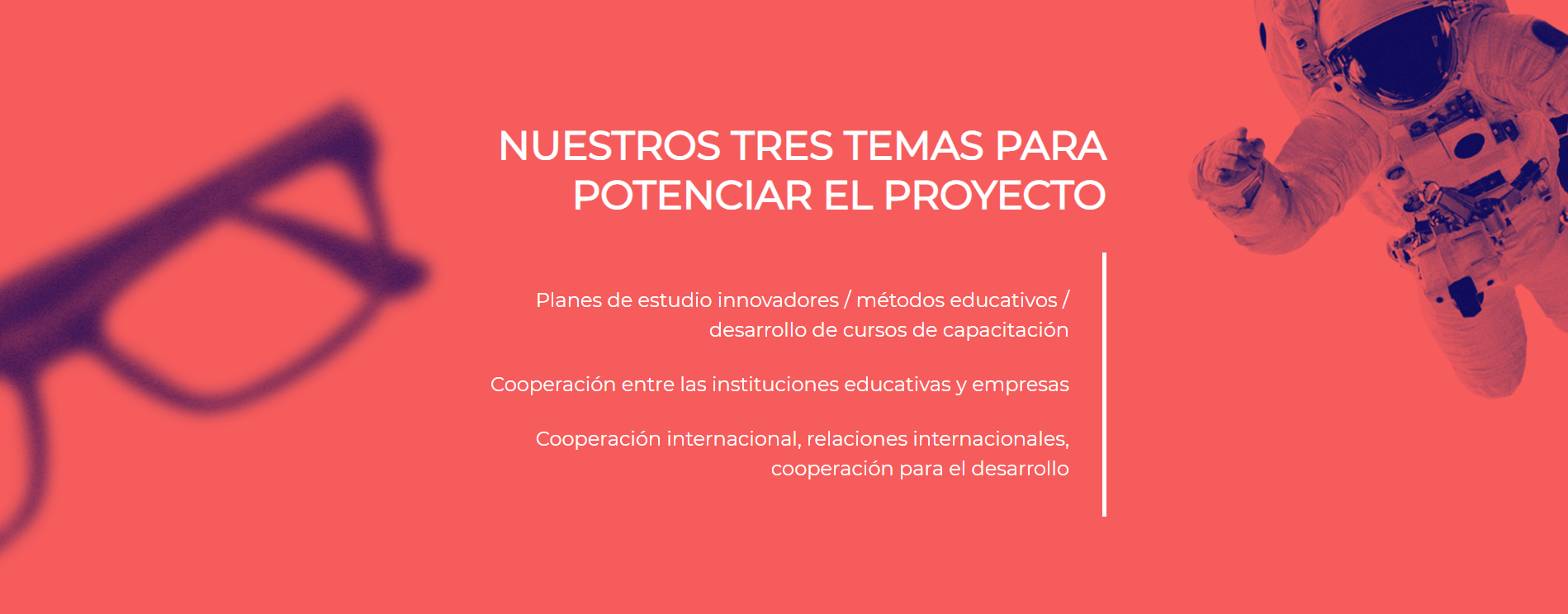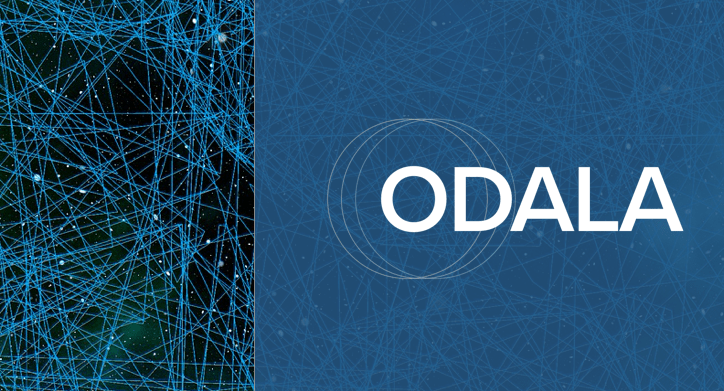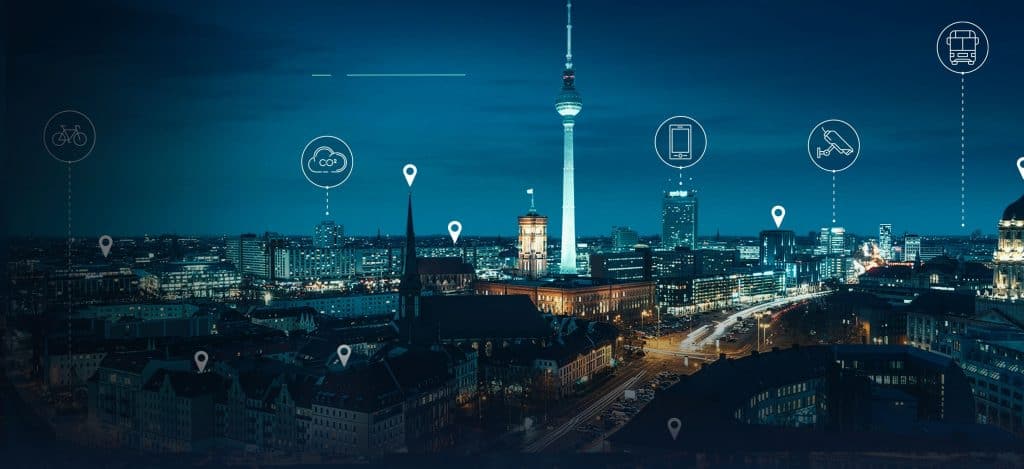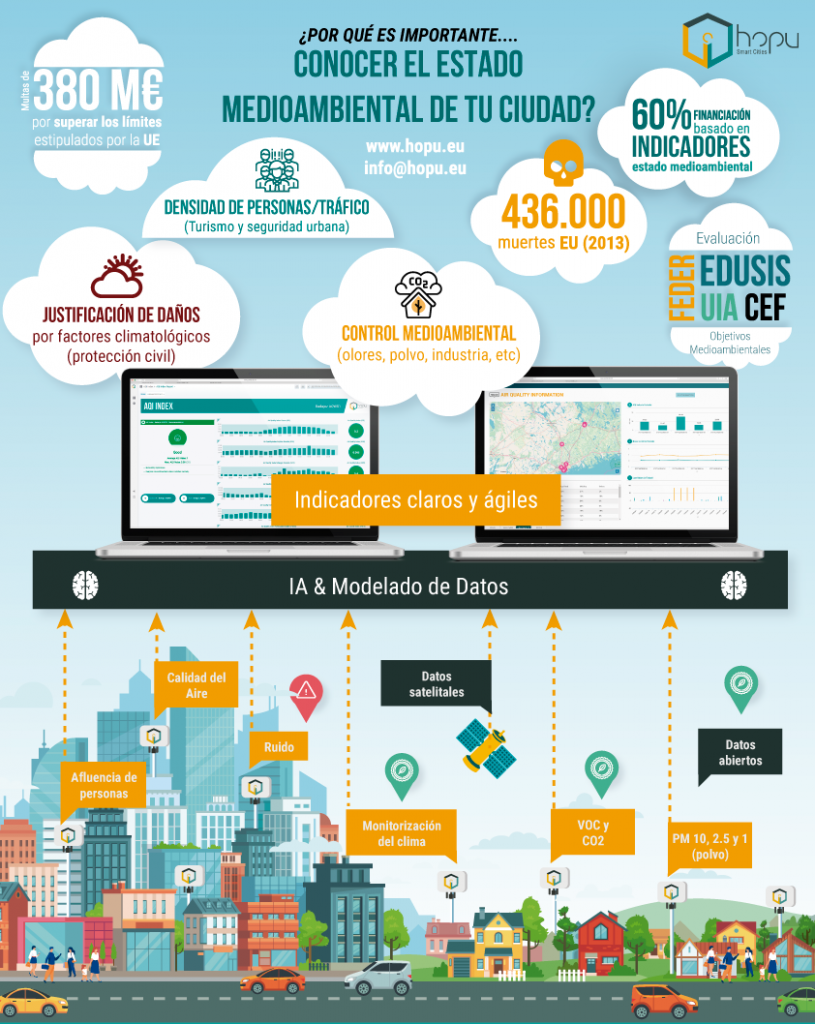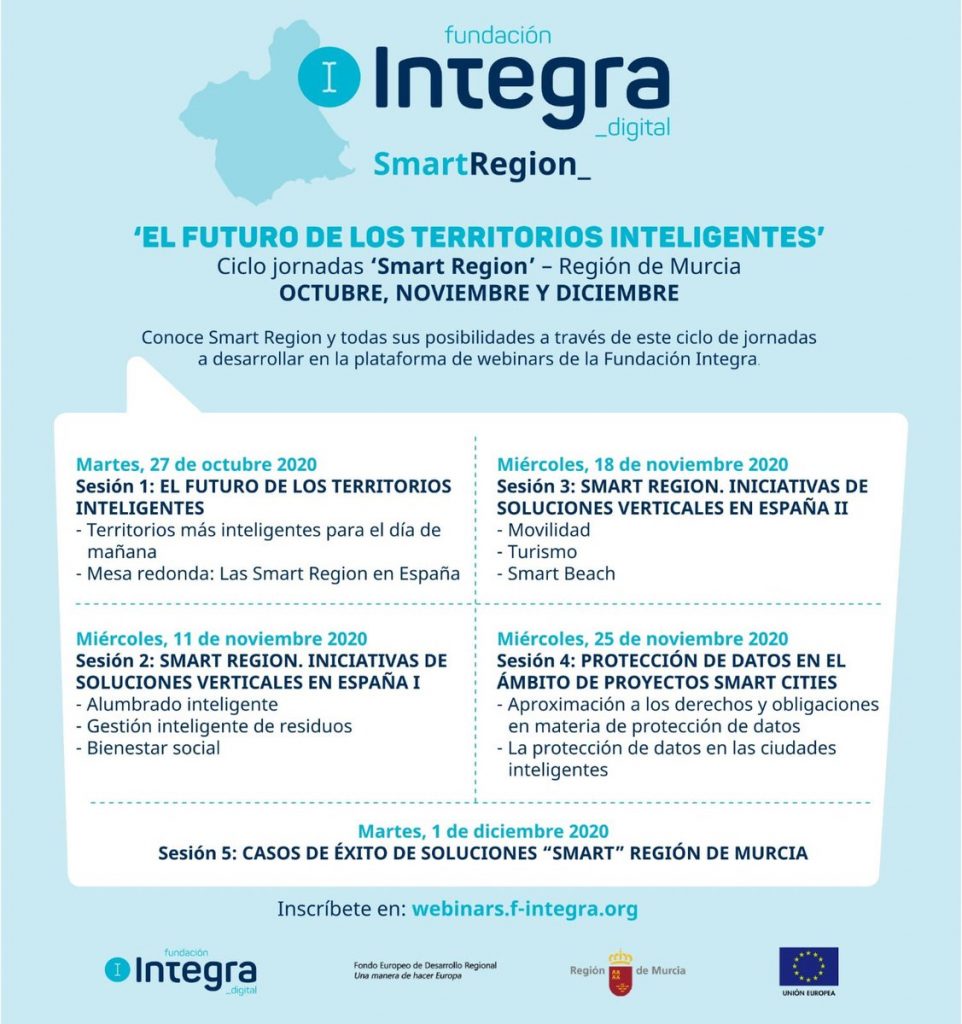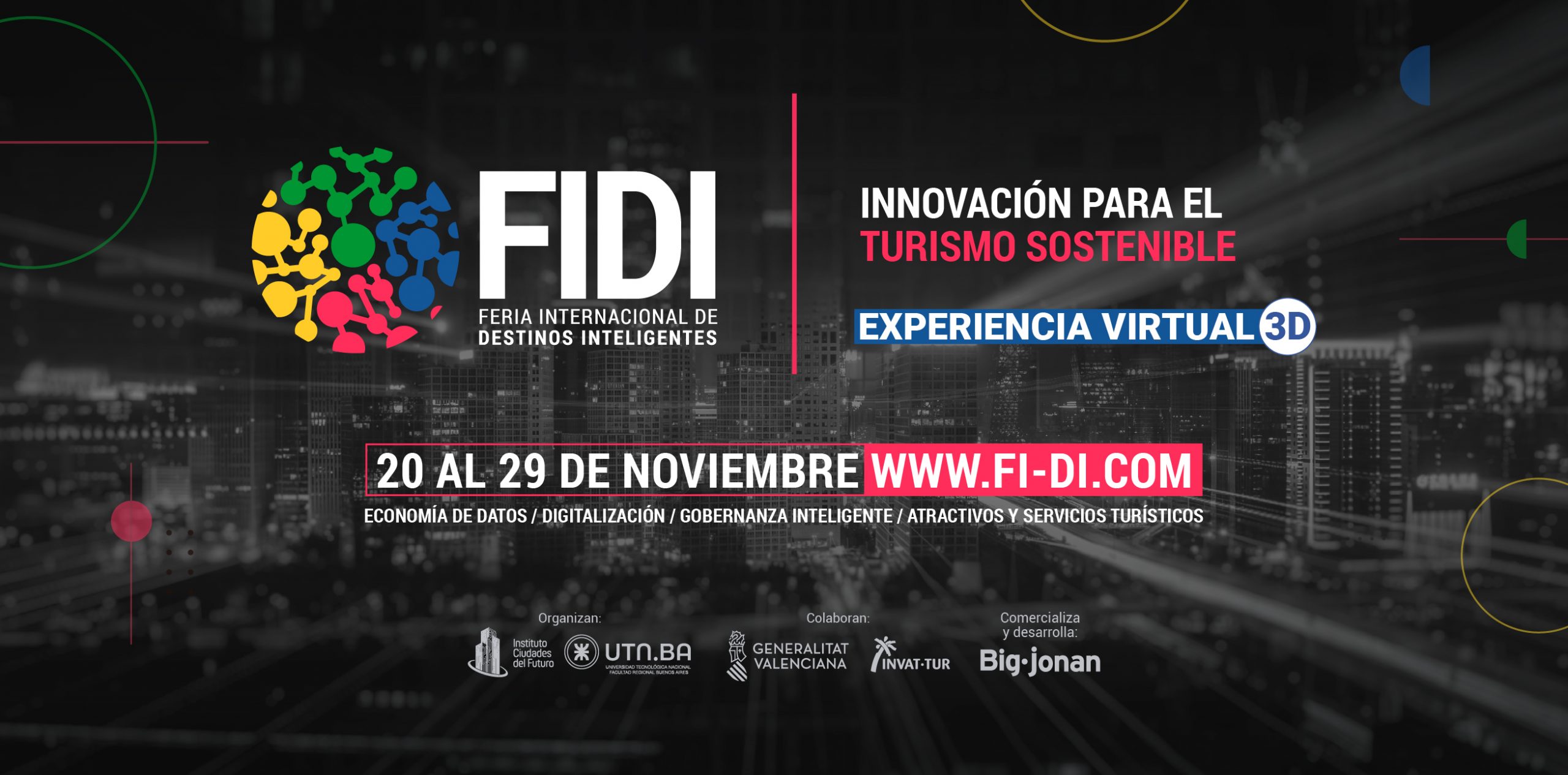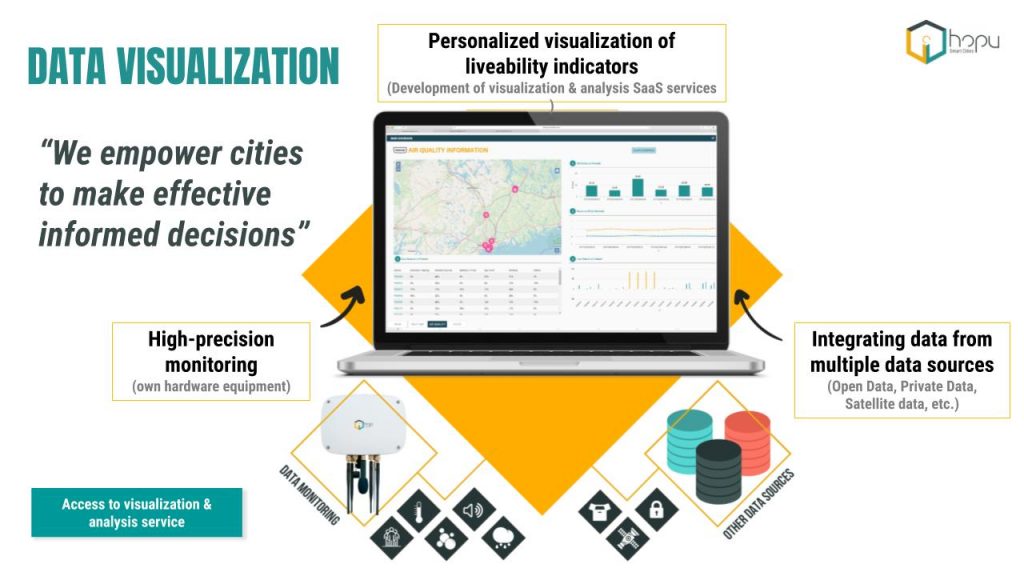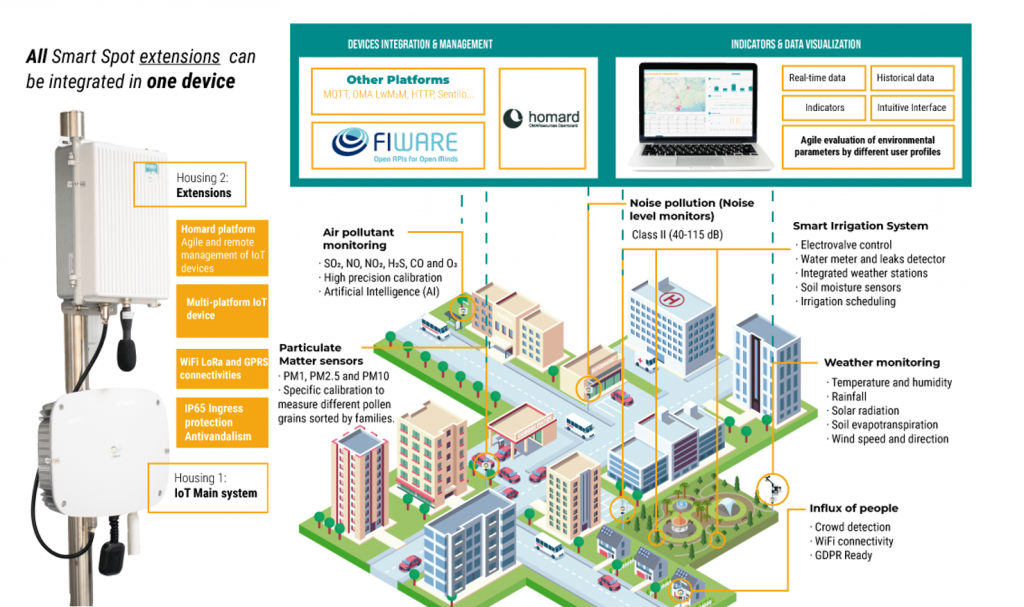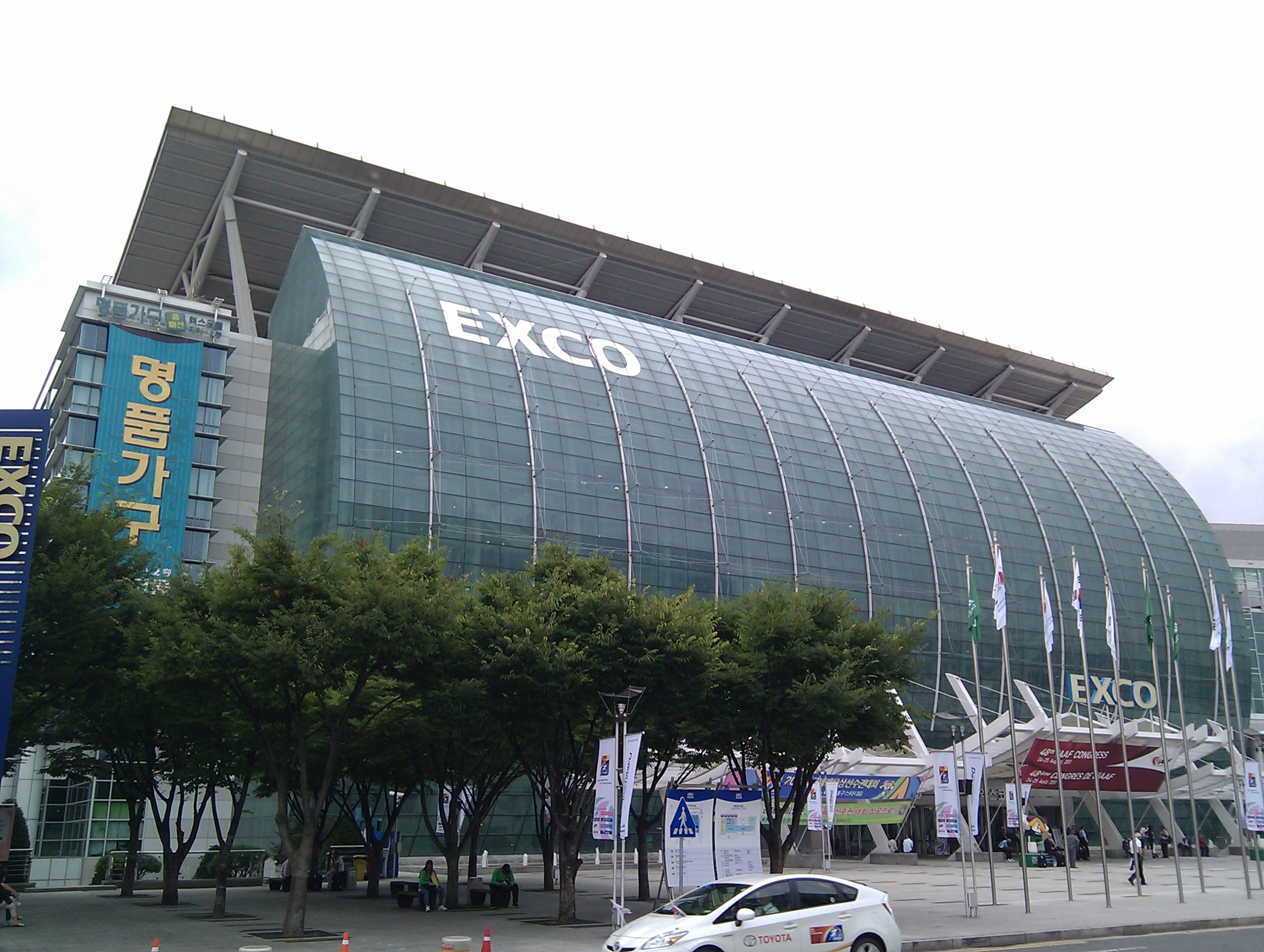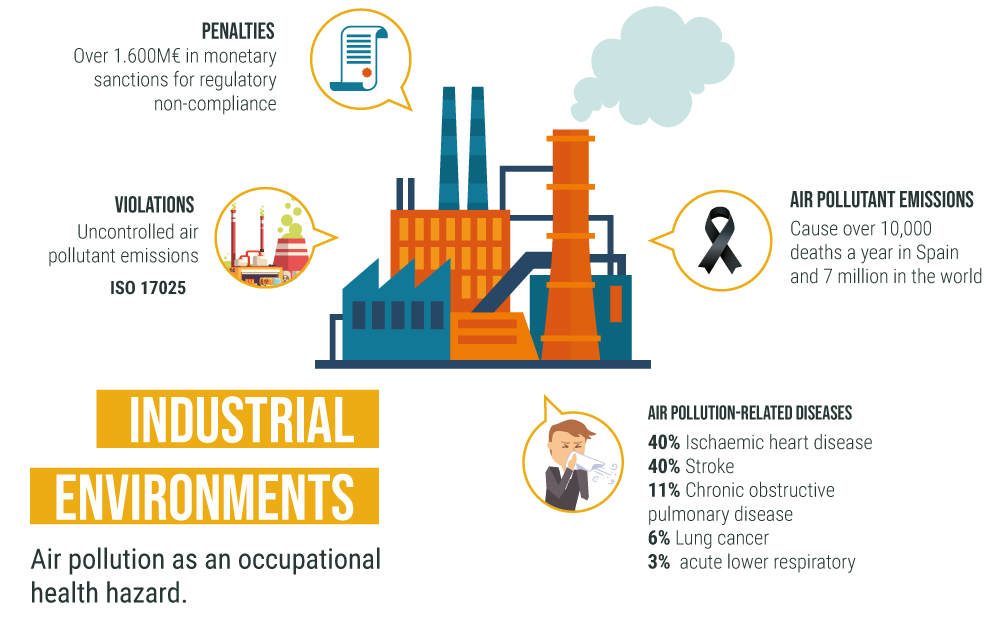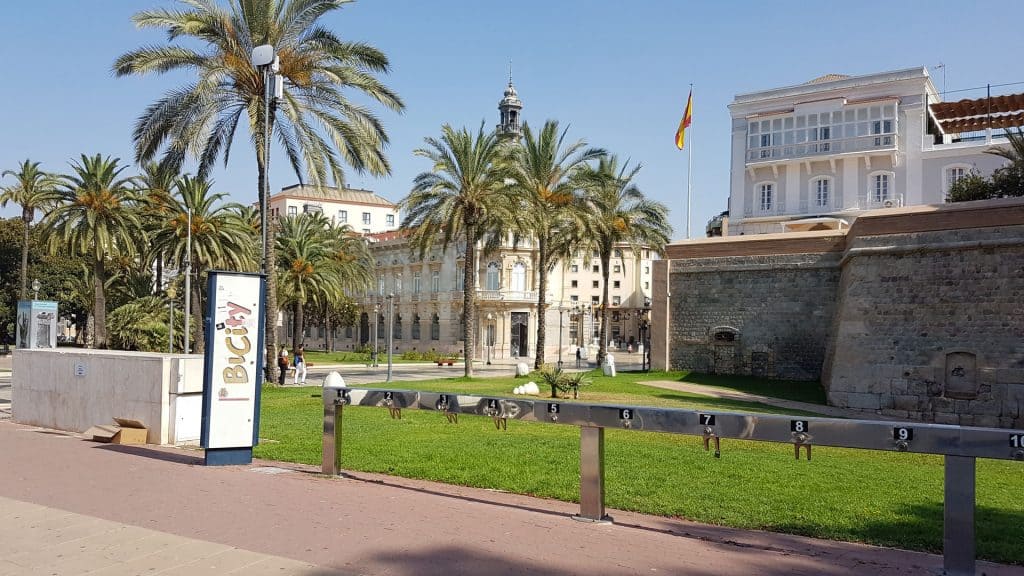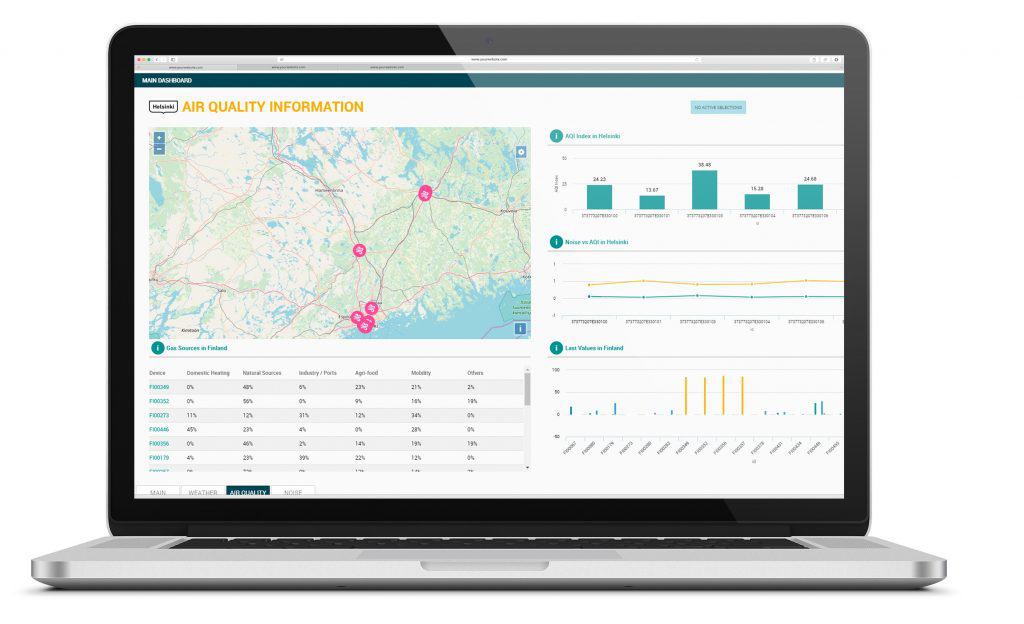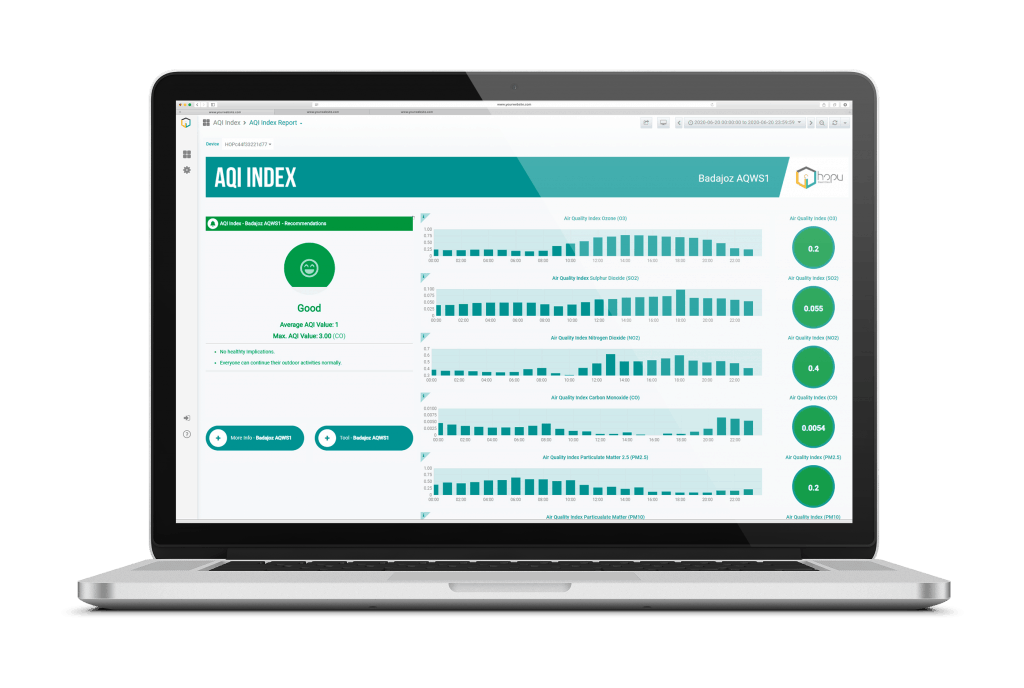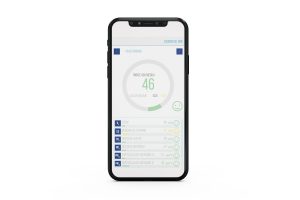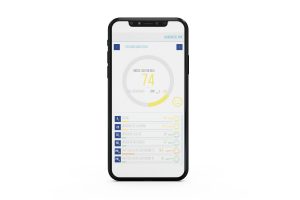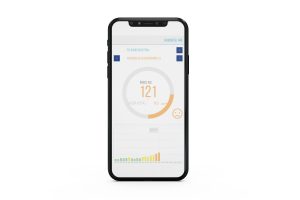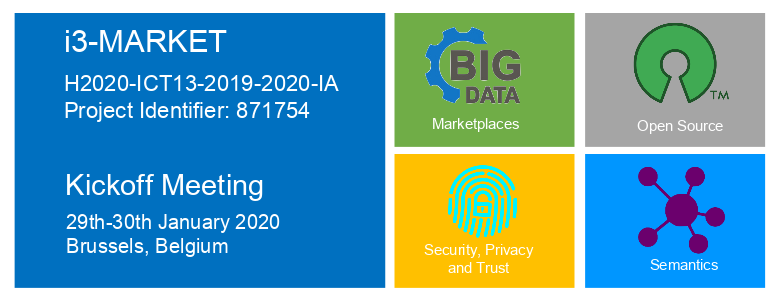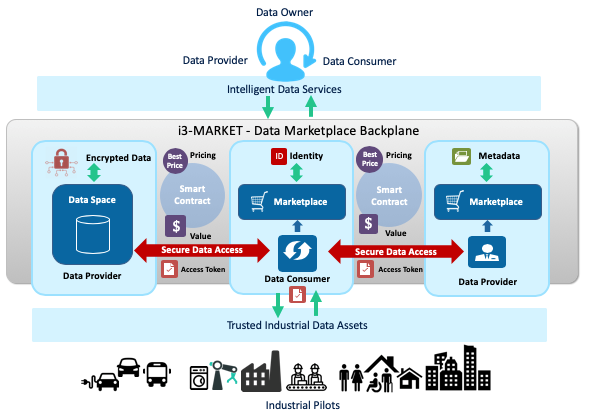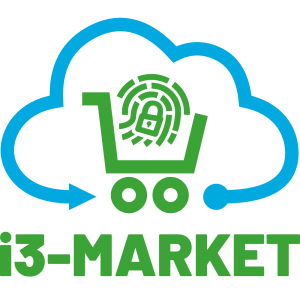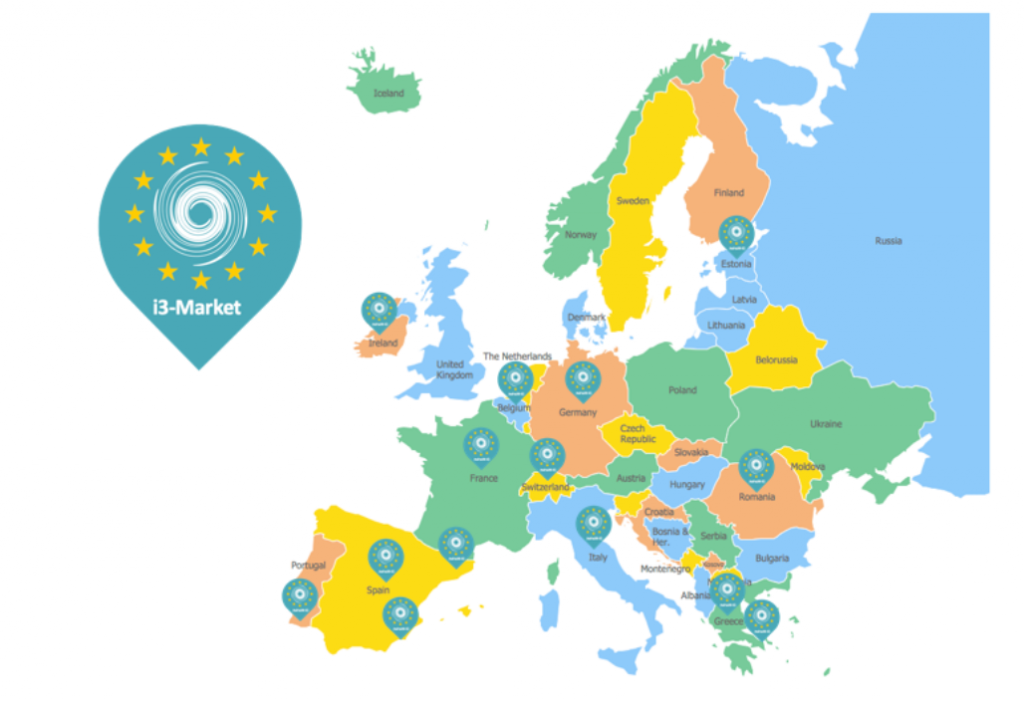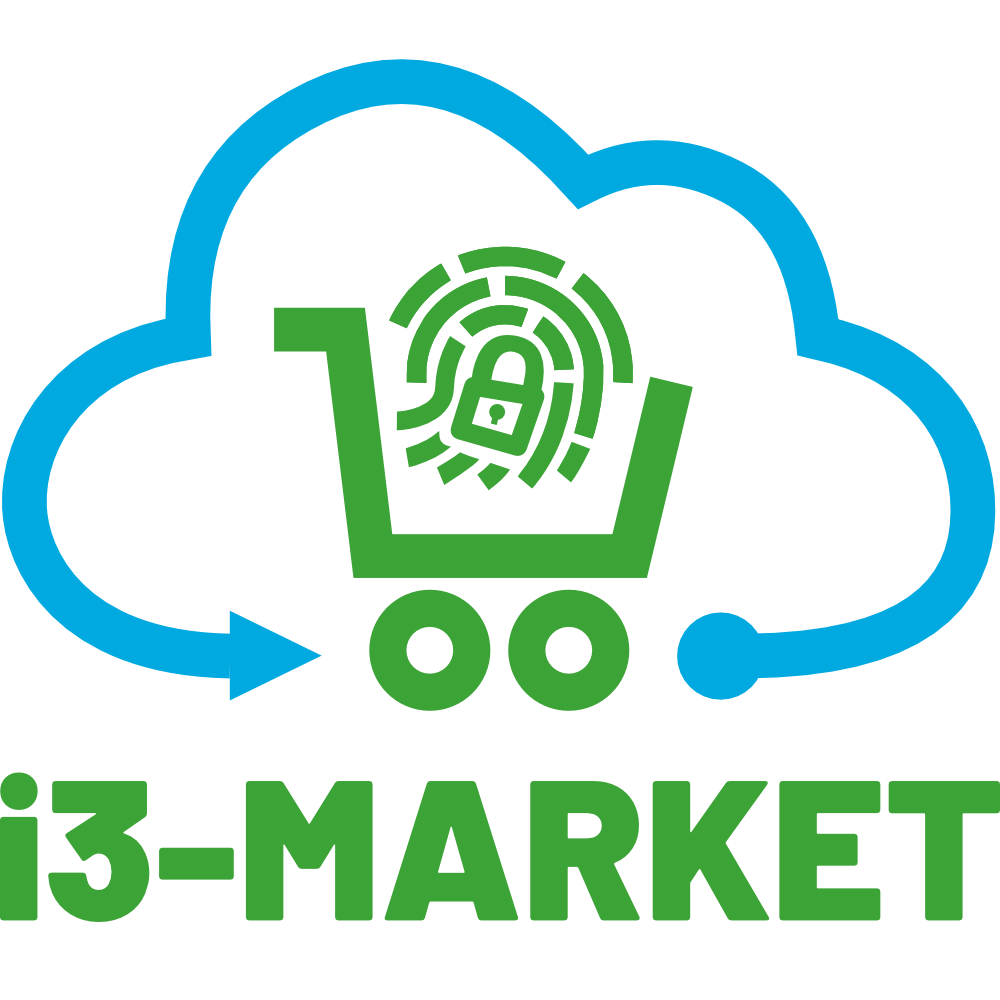Eduhack es un proyecto ERASMUS+KA2 donde cooperan instituciones educativas y empresas de toda Europa
El objetivo de EduHack es elaborar planes de estudio innovadores a través de métodos educativos novedosos como hackathones y talleres para escuelas, institutos y centros educativos, y usando el potencial de las TICs.
EduHack tiene como objetivo trabajar con el potencial de la innovación como proceso de co-creación, incorporando esta práctica en el co-diseño de las herramientas para organizar los Hackathones de Innovación Educativa. Esto se logrará mediante el establecimiento de Hubs de Innovación Educativa de múltiples partes interesadas en cada país asociado.
Los Hubs tienen como objetivo reunir la experiencia de los campos educativos locales, los centros de innovación, las universidades, la industria, el gobierno local, la tecnología de la información, las personas y empresas creativas, por nombrar sólo algunos… El trabajo en estos centros incluirá reuniones y talleres locales, además de dos intensos talleres internacionales de corto plazo de aprendizaje mutuo e intercambio. La función de estos es reunir las contribuciones necesarias para diseñar el formato del hackathon. También se explorarán importantes temas cruciales que serán «hackeados» durante cuatro hackathones diferentes que tendrán lugar en diferentes países asociados durante el curso del proyecto. Los Hackathones de Innovación Educativa tienen lugar en Letonia, Estonia, Turquía y España y se organizan para probar y mejorar las herramientas, así como para encontrar soluciones a los problemas que se plantean en la educación.
Los hackathones tienen como objetivo alcanzar diferentes perfiles – entusiastas de la tecnología y el diseño, estudiantes, profesionales de la industria, empresas de marketing, trabajadores de museos/guías, desarrolladores de software, etc. Cada hackathon incluirá una junta de mentores que estará formada por expertos en educación además de profesionales de la educación (es decir, profesores, directores).
Miembros del proyecto
-
Centro Científico AHHAA – Coordinador de EduHack, Líder de la tarea de Hackathon Toolkit: AHHAA es el mayor centro de ciencias de Estonia, que se centra en la educación científica práctica, el aprendizaje lúdico y las exposiciones interactivas.
-
Hugin & Munin – Gestión de la comunicación EduHack: H&M es una agencia de comunicación creativa con sede en Madrid, España, formada por un equipo multidisciplinar especializado en soluciones audaces y atrevidas.
-
Universidad de la ciudad de Dublín – Organizador del evento de difusión: DCU, con sede en Irlanda, se ha colocado entre las 50 mejores universidades jóvenes del mundo. A las actividades de EduHack se une el departamento de Educación, Innovación y Estudios Globales de la Escuela STEM de la DCU.
-
Tekkeköy MEM – Líder de la tarea de monitoreo de EduHack: Tekkeköy MEM es un coordinador nacional de educación provincial en Turquía, responsable de la ejecución de todas las actividades educativas, incluida la educación formal e informal en la región de Tekkeköy.
-
Centro Científico ZINOO – Líder de la tarea de creación del Hackathon piloto: ZINOO es un centro científico en Letonia con la misión de despertar la curiosidad de las personas y animarlas a descubrir cosas por sí mismas.
-
Ergon – Coordinador del hub de innovación educativa de EduHack: Ergon es un proveedor privado de educación y capacitación profesional en Italia, que realiza 60 mil horas de capacitación por año. Ergon se especializa en la creación de redes de negocios, asociaciones entre el sector público, privado y ciudadanos, y herramientas y diseño participativo.
HOPU en EduHack
HOPU es el responsable de lanzar y gestionar la plataforma online del proyecto. HOPU tiene una larga experiencia de trabajo en proyectos internacionales enfocados a crear canales de comunicación ágiles, serious games y contenidos de nuevos medios que hagan evolucionar la participación ciudadana con el uso de diferentes dispositivos y herramientas. HOPU ha desarrollado diferentes soluciones, basadas en las necesidades de los ciudadanos y visitantes. El equipo de HOPU incluye expertos en comunicación y creatividad, así como especialistas en el desarrollo de software y hardware. Todos los demás socios participan activamente en la acción también (dando aportaciones y sugerencias sobre el aspecto visual y la funcionalidad).
A fin de asegurar la continuación de los esfuerzos realizados durante el proyecto es necesaria una plataforma en línea. La idea no es construir sólo un sitio web, sino proporcionar una herramienta más sostenible, fácil de usar e interactiva que ofrezca la posibilidad de colaborar y que tenga más oportunidades que un sitio web normal. La plataforma en línea en sí misma tiene por objeto ser la principal fuente de información sobre el proyecto, las directrices para organizar una maratón de hackers, todos los resultados de las maratones de hackers, así como ser el instrumento de colaboración a nivel internacional.
La plataforma también da la oportunidad de monitorizar el proceso de organización de hackathones en todo el mundo y crear conexiones entre ellos. Esta herramienta no sólo proporciona apoyo sobre cómo crear actividades educativas y organizar un hackathon, también dará acceso a varios productos/servicios (toolkits) que han sido creados durante este proyecto. Esto significa que si durante un hackathon educativo que tuvo lugar en Estonia un servicio o producto se desarrolla todos los miembros de la red pueden probar el producto,servicio o idea en su país también. La cooperación a través de la plataforma se basa en el interés mutuo.
Para más información sobre el proyecto:

